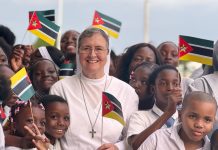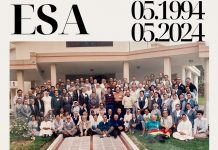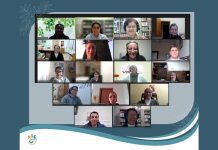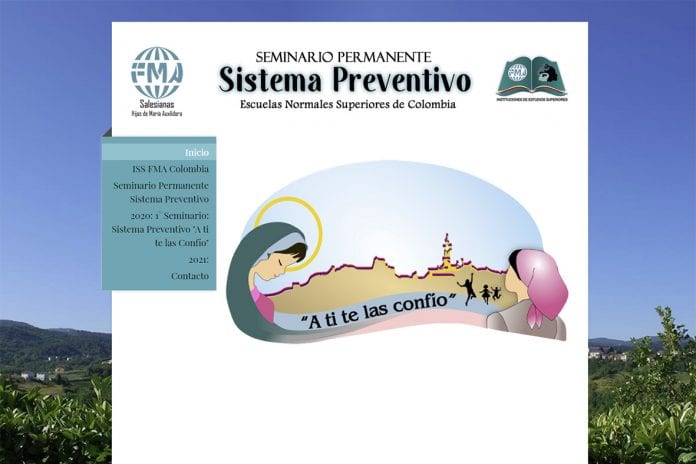(Colombia). The Institutions of Higher Studies of the Daughters of Mary Help of Christians (ISS-FMA), in the last world meeting held in Copacabana, Colombia in 2019, were divided into six nodes to work on the network: CIB (Brazil); CIMAC (Dominican Republic and Mexico); CINAB (Colombia); PCI (India); CIAO (Philippines and Japan); CIAM (Ethiopia, Kenya, Benin and Democratic Republic of Congo) – Auxilium of Rome and Haiti; CICSAL (Argentina and Uruguay), Spain and Bolivia.
The ISS-FMA node in Colombia, made up of nine Normal Schools of Higher Studies – Institutions dedicated to the formation of teachers for the Kindergarten and Primary School – in the spirit of the Global Educational Pact and in the awareness that educational responsibility today can only be collective, participatory, and synergistic, committed itself to organizing the Ongoing Seminar on the Preventive System of Don Bosco and Mother Mazzarello.
The inaugural lecture of the Seminar was an academic event that took place on 13 and 14 October 2020. Coordinated by the nine Rectors of the ISS-FMA in Colombia, it saw the involvement of the Educating Communities, in particular young people and their educators, who have undertaken this formative experience to build a plural and intercultural vision of the processes of assimilation and development of the Preventive System.
The mandate “I entrust them to you”, of the Virgin to Mother Mazzarello, challenges each one to assume the educational mission in the style of the Salesian Charism, in preparation for the 150th anniversary of the foundation of the FMA Institute.
The choice to continue on the journey, sharing the materials and continue networking, has made it an Ongoing Seminar, which takes place according to the research-action-participation methodology, around three main axes:
- Contextual. It offers some tools to carry out a critical and comparative reading of the socio-cultural reality lived by Don Bosco and Mother Mazzarello and of the scenario in which the young people live who prepare themselves in the Normal Schools to be teachers.
- Biographical. Starting from the pedagogical-narrative approach, it seeks to identify the events, practices, and themes that influenced the establishment of Don Bosco and Mother Mazzarello as educators and the origin, development, and strengthening of the Preventive System as a method and spirituality. Similarly, trainee teachers carry out an autobiographical exercise to become aware of what they experienced in contact with the Salesian charism and the influence of these experiences on their desire to be teachers and on their educational style.
- Prospective. It consists in the realization of a state of the art regarding the development of the Preventive System in the teaching of the Colombian node and the restructuring processes of the teacher formation institutions in the country up to the second decade of the 21st century. This is in order to identify the challenges that, in the face of the new quality accreditation and the development of the Complementary Formation Program, must be faced to respond effectively and boldly to the challenges that contemporaneity poses to the formation of teachers with regard to Salesian pedagogy and spirituality.
The blog of the Ongoing Seminar contains all the information relating to this significant experience of charismatic communion and educational synergy.





















Qué genial, me encanta
gracias